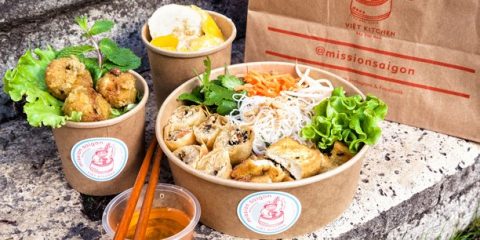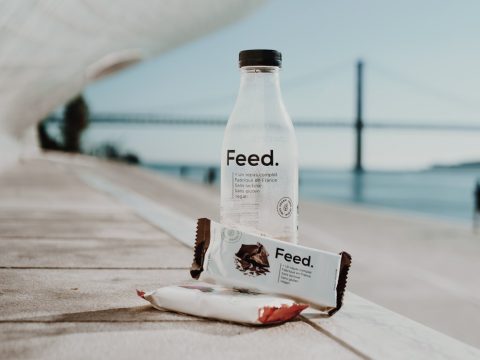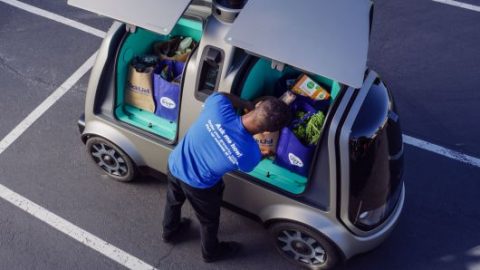Delivery models are merging
A lot of startups have focused on the mission to help you access a better meal. The offers were very different ranging from:
– restaurant delivery with startups like Deliveroo, Zomato & Delivery Hero enabling you to access to all the restaurants around you that didn’t have their own delivery fleet (through Just Eat),
– Full-stack delivery with Munchery & Frichti, where plates are (supposedly) cooked in a communal kitchen,
– Meal kits delivered to your door with fresh ingredients and recipes for the week.

But lines are blurring now, Full Stack startups are offering you ingredients to cook your own recipes, meal kits are becoming more and more available in supermarkets, Deliveroo is opening its own “dark kitchens” (restaurants without tables, dedicated to delivery) to enable chefs to cook close to zones lacking some type of food. Taster, a startup that just raised $4 million, is even doing it on its own by opening its own dark kitchens in big cities to serve users from the major delivery services.
Why is this happening there and how can we explain this evolution? All the aforementioned startups may have thought that their solution (meal kit, delivery, full-stack…) was sufficient to cover all of the food needs of their clients. However, each consumer is creating its own equilibrium using the diversity of offers available to him (a meal kit for some family meals, some restaurant delivery to gain time,…).
It’s no more a war to be your “only source of delivered meals from restaurants” but a war to be your “only source of food”. We can expect to see more and more subscription offers from startups offering more and more alternatives for you to order everything (from them).
Matthieu Vincent
(should you need any further information please do not hesitate to contact me)
BIG DEALS

Feed, the french meal replacement startup has just raised 15 million € from Alven and Otium Brands. This money will be used to expand internationnaly and launch new products (organic and ready to drinks ranges of products).
Tiller (connected cash registrers) has just raised 12 millions € from 360 capital partners, Ring and Omnes. It aims to reach new european markets and its marketplace where restaurants can find apps from other startups (like staff management).
TOP NEWS
Beyond Meat is growing fast! Like Impossible Food, they are now focusing a lot on B2B2C channels, delivering their burgers to more than 10,000 restaurants globally. They tripled their manufacturing capacity based in Missouri.

Kroger, a major US food retailer is partnering with Nuro (a driverless car manufacturer) to deliver food. It comes after a partnership between Walmart and Postmates and investment in Ocado. Traditional US food retailers are moving fast to resist the incoming competition from Amazon and are looking for solutions ranging from meal kits and new products (to attract customers in their stores) to new delivery means.







